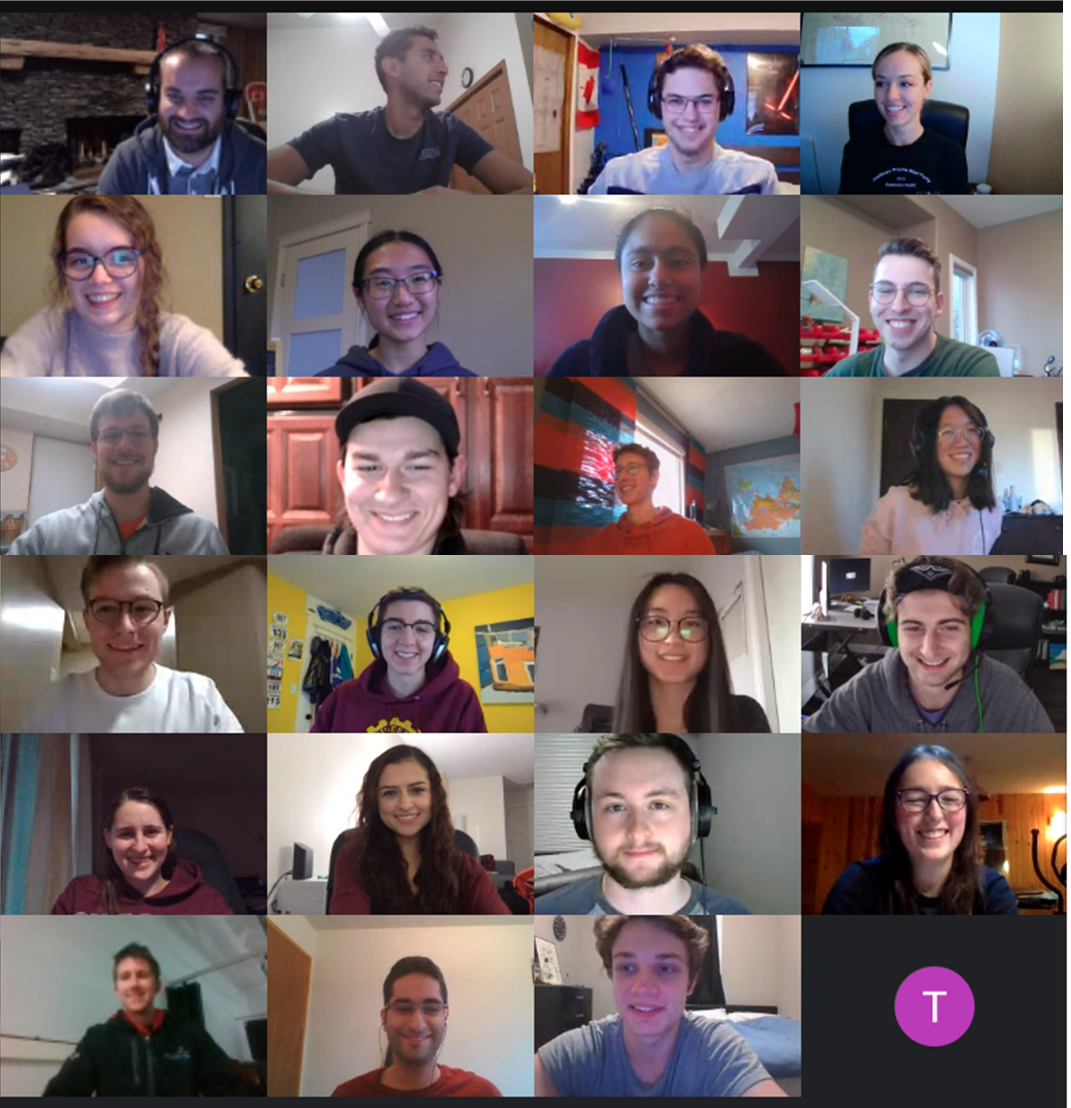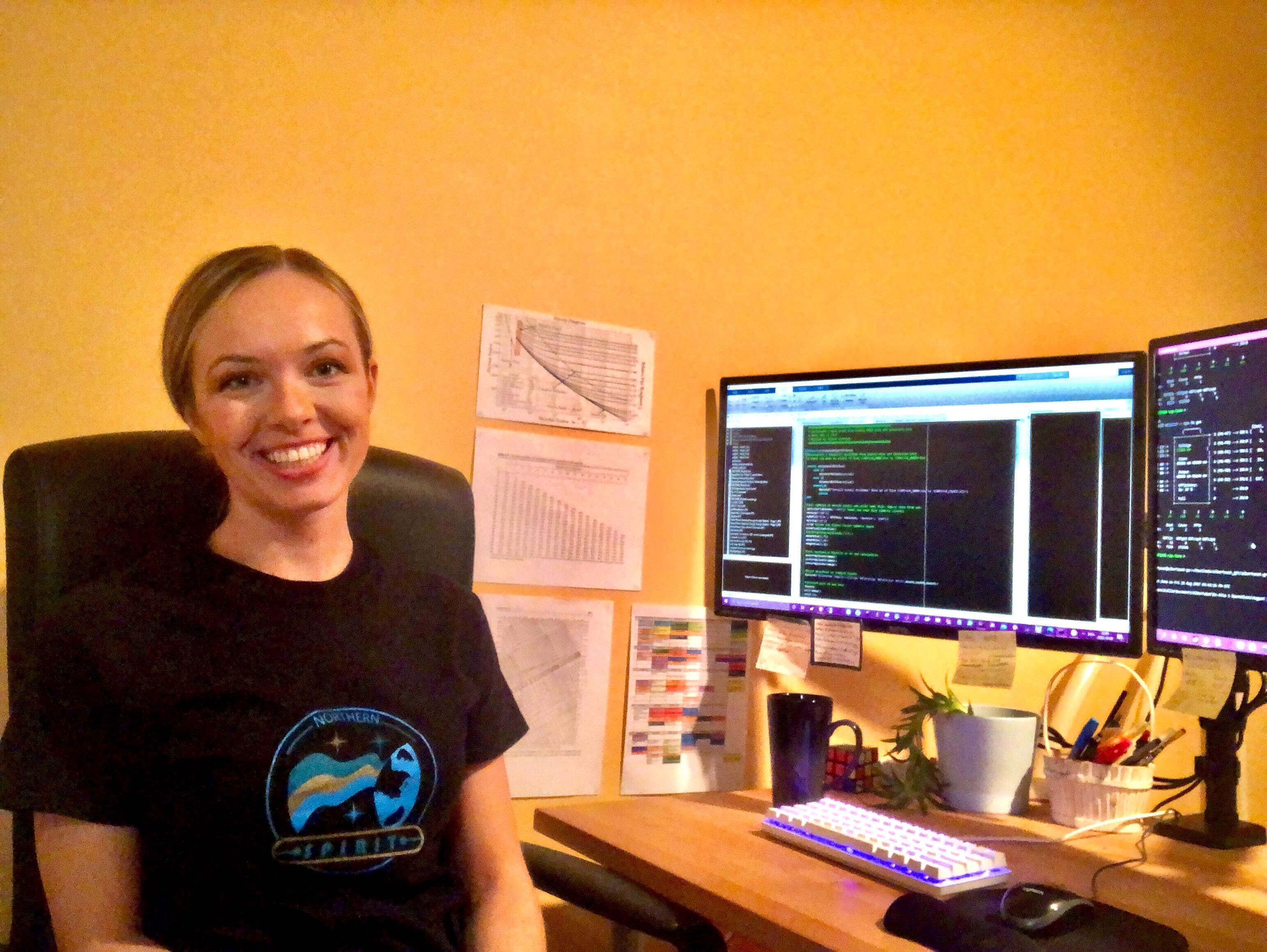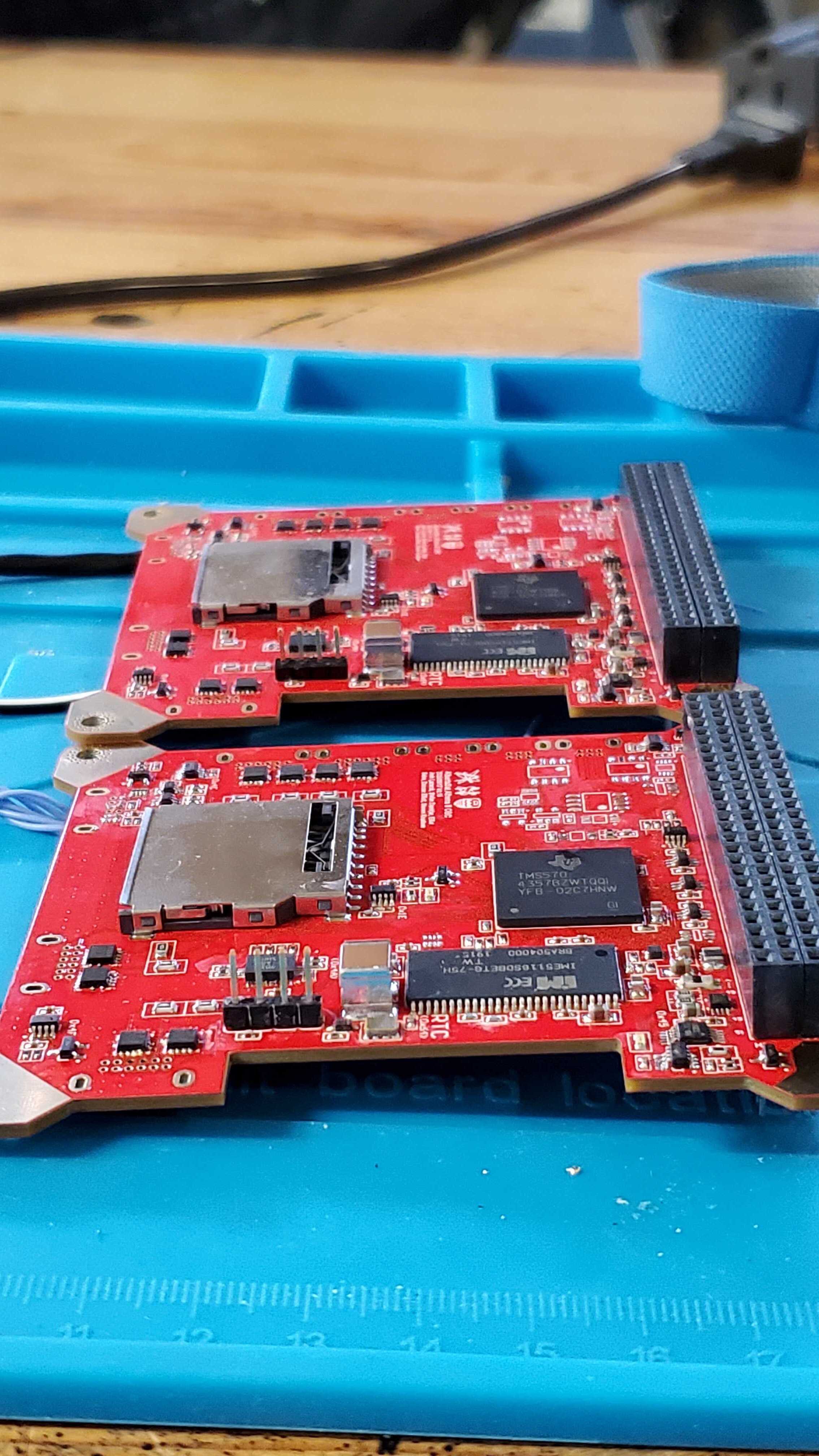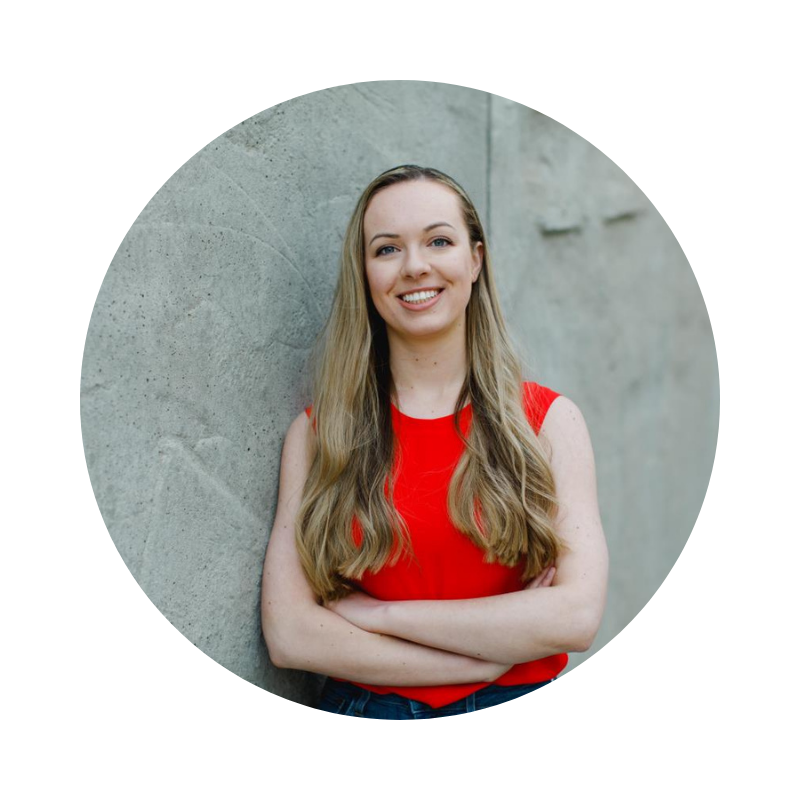[Editor’s Note: A group of U of A science and engineering students known as the AlbertaSat team built and launched Alberta’s first space satellite, the Ex-Alta 1 in 2017. This was the starting point in the development of an aerospace program at the U of A, with the goal of building a thriving aerospace industry in Alberta. This will diversify the province’s economy while building on its technological, scientific, and engineering expertise. Now AlbertaSat is recruiting students to help design, build, and operate a CubeSat that will be launched in 2022 to study forest fires and space weather. Email albertasat@gmail.com to see how you can help.]

Part of my role as Project Manager of the Ex-Alta 2 satellite is analysing mission risks. My team and I have a giant spreadsheet listing potential risks to the mission, their estimated severity, and our mitigation plans. When we first put this spreadsheet together years ago, we came up with all kinds of risks: students graduating and leaving knowledge gaps in the team, not receiving the license we need to operate the radio, unfavourable space weather inducing electrical glitches while in orbit… But we didn’t think to put “a global pandemic strikes when we’re 18 months out from launch, forcing the team to work in isolation in their respective homes” in the spreadsheet.

Fortunately, many small things about the transition to remote work sorted themselves out. Students working on the power, computer, imaging, and communications systems took this as an opportunity to build up their own at-home electronics labs, so they have tools and equipment to work on personal side-projects. Throughout the summer these individual electronics workstations, put together by students out of passion, became key for testing prototypes to mature Ex-Alta 2’s design. We also set up online meetings, focussed more on software development, and did lots of long-term planning.
Because of COVID-19, the launch of Ex-Alta 2 has been pushed back by a few months, but no more. Our working arrangements have changed, but we still need to meet a rigorous schedule to be ready for launch in 2022 .

But in the transition to working from home I found the big picture things tricky. How do we maintain a sense of community? Make newer members feel included? Keep up team morale as the testing and debugging get increasingly demanding?
I was also faced with similar questions at Wyvern, a satellite technology startup I co-founded with some UAlberta alumni in 2018. But our agile, eight-person company was easier to transition into the virtual world than the hundred-person, undergraduate volunteer-based AlbertaSat project.
I was deeply concerned about team morale and the sense of community because they’re the entire reason I’ve started a career in space in the first place. When I first joined AlbertaSat in 2015 I felt like I fit in, was valued, and was part of something huge. I went all-in, and three years later ended up co-founding Wyvern with some of the exact people I had first met when I joined. So these questions were really pressing to me when we began working from home: how can we ensure people joining and leading Ex-Alta 2 right now have the same opportunity to develop these kinds of relationships? To share enthusiasm for space technology? To feel integral in a team tackling an unprecedented challenge?
We’re figuring it out as we go. Congratulating one another on successes whenever we can, arranging casual online hangouts on weekends, and sharing the workload so people can take breaks and recharge when they need. It’s a high-tech project, but for me the focus is the people. Just as we’re working together to ensure the satellite’s electrical system has a positive power budget, data budget, and link budget, we’re balancing the human morale budget. With safe work planning support from faculty members and administrators, some members of AlbertaSat are now able to be back in the project room on campus under controlled conditions to work on assembly, integration, and testing. Seeing hardware slowly come together despite the wildly unexpected organizational challenge we’ve faced is rewarding, and helping us keep the morale budget in the green. And another upside: the Ex-Alta 2 risk analysis has never been more robust. It now accounts for one more risk to our space mission that we otherwise couldn’t have imagined!
Great ideas change the world, but ideas need a push forward. At the University of Alberta, we know that push has never been more important as we do our part to rebuild Alberta and keep doors of opportunity open to all. We’re making research discoveries. We’re cultivating entrepreneurs. And we’re giving our students the knowledge and skills they need to turn today’s ideas into tomorrow’s innovations.
About Callie
 Callie is in her final year of a bachelor’s degree in mechanical engineering with a minor in mathematics. She is a member of the AlbertaSat team and the Project Manager of Ex-Alta 2, and Co-Founder of Wyvern. She is helping to build a robust space industry in Alberta.
Callie is in her final year of a bachelor’s degree in mechanical engineering with a minor in mathematics. She is a member of the AlbertaSat team and the Project Manager of Ex-Alta 2, and Co-Founder of Wyvern. She is helping to build a robust space industry in Alberta.